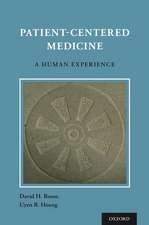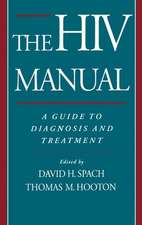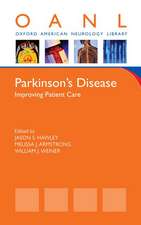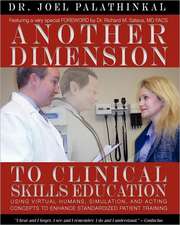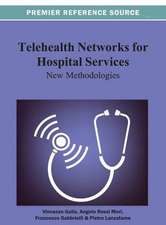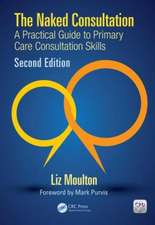The Patient as Agent of Health and Health Care: Autonomy in Patient-Centered Care for Chronic Conditions
Autor Mark Sullivan MD, PhDen Limba Engleză Hardback – 9 feb 2017
Preț: 706.04 lei
Preț vechi: 743.20 lei
-5% Nou
Puncte Express: 1059
Preț estimativ în valută:
135.12€ • 146.72$ • 113.50£
135.12€ • 146.72$ • 113.50£
Carte disponibilă
Livrare economică 01-15 aprilie
Preluare comenzi: 021 569.72.76
Specificații
ISBN-13: 9780195386585
ISBN-10: 0195386582
Pagini: 456
Dimensiuni: 236 x 155 x 41 mm
Greutate: 0.7 kg
Editura: Oxford University Press
Colecția OUP USA
Locul publicării:New York, United States
ISBN-10: 0195386582
Pagini: 456
Dimensiuni: 236 x 155 x 41 mm
Greutate: 0.7 kg
Editura: Oxford University Press
Colecția OUP USA
Locul publicării:New York, United States
Recenzii
I [...] found the patient case studies presented throughout the book to be a fabulous way to introduce actual people, with actual, and indeed common concerns, and very human behaviors. These people were excellent at personifying difficult concepts and patient care challenges. [...] The book provides a truly holistic approach and a thorough provision of information on a variety of subjects that truly comprise the possibility of "the patient as agent of health and health care.
I strongly recommend this book to health professionals, policymakers, bioethicists, academics, and patients who have an interest in patient education and engagement, shared decision making, alternative models of health care, chronic disease management, and/or end of life care.
I strongly recommend this book to health professionals, policymakers, bioethicists, academics, and patients who have an interest in patient education and engagement, shared decision making, alternative models of health care, chronic disease management, and/or end of life care.
Notă biografică
Professor of Psychiatry and Behavioral Sciences; Adjunct Professor of Medical History and Ethics, University of Washington

